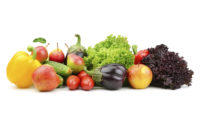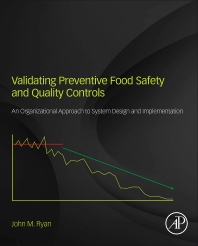Report: Pest control market projected to reach $27.5B by 2025
Major factors impacting the pest control market growth include the change in regulations and the development of resistance among pest organisms.

The pest control market was valued at $19.39 billion in 2018, and is projected to grow at a CAGR of 5.04% from 2019, to reach $27.5 billion by 2025, according to a research report published by MarketsandMarkets, New York.
The market is primarily driven by chemical pest control techniques due to the high demand for insecticide solutions across the globe. Innovations at both the ingredient and product levels have increased in recent years. For instance, the use of biological insecticides, which have few or no side effects on human health, is gaining high acceptance among service providers.
Major factors impacting the pest control market growth include the change in regulations and the development of resistance among pest organisms. The ban on neonicotinoid pesticide use in Europe is an example of the acceptance of biological control solutions as compared to chemicals. What’s more is, growers are beginning to replace older and more toxic active ingredients with biological insecticides. Other future legal actions affecting the grower’s abilities to use established crop protection chemistries would attribute to increased market share for biological pesticides.
Plus, manufacturers are developing more environment-friendly insect pest control products with route optimizations and online real-time tech support.
Looking for a reprint of this article?
From high-res PDFs to custom plaques, order your copy today!








